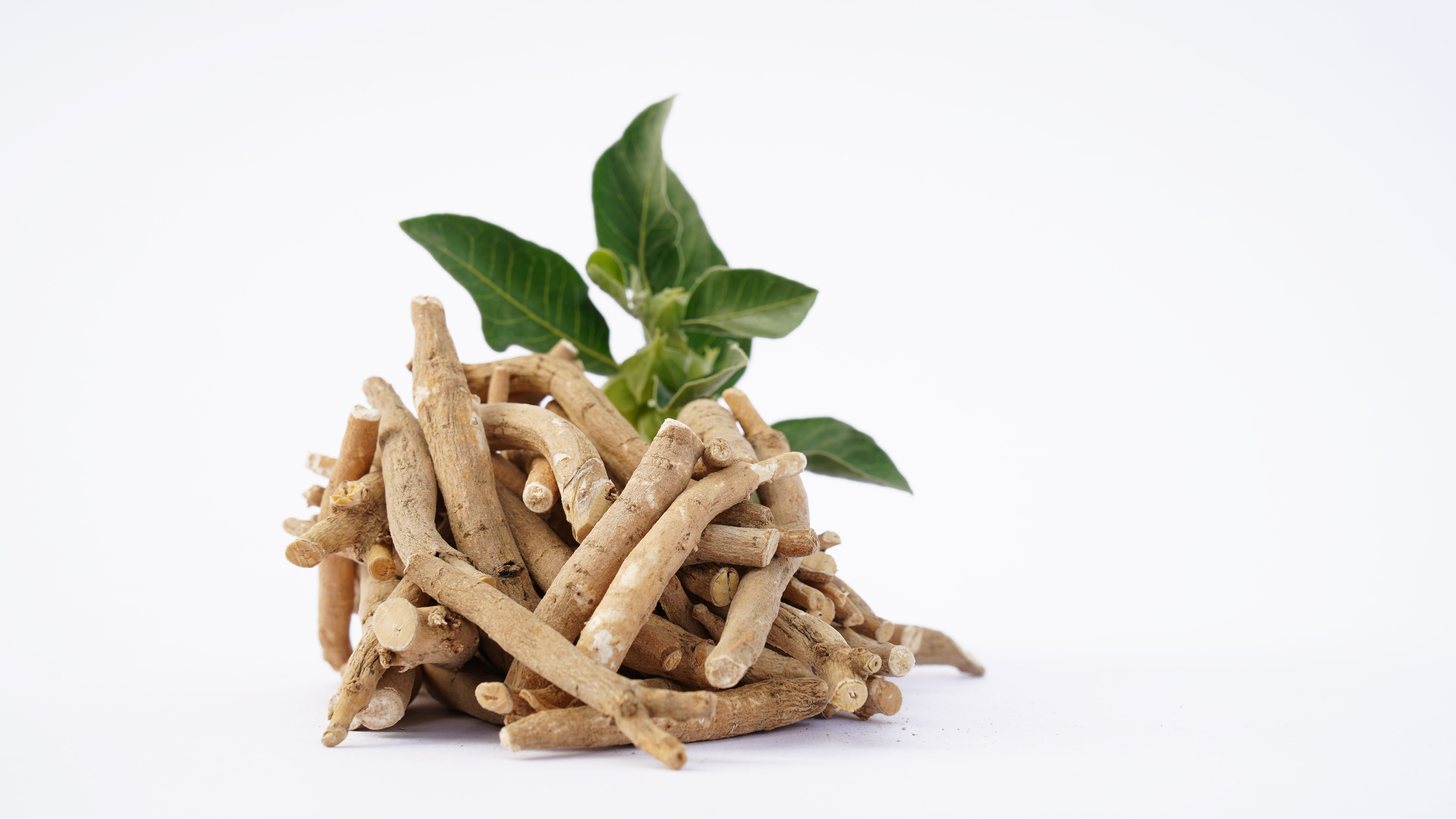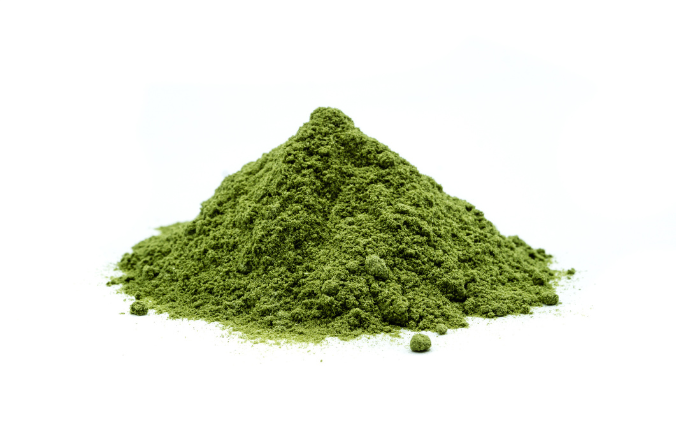What is Ashwagandha?

Ashwagandha, is known as Indian ginseng or winter cherry, is an ancient herb popular mainly for its adaptogenic properties. Ashwagandha, as an adaptogen, helps the body to adapt to stress and improve overall well-being.
What is the history of Ashwagandha?
With origins in the Ayurvedic tradition of India, Ashwagandha has been used for centuries as a natural combatant of fatigue, with most recent applications being more focused towards promoting mental clarity and enhancing physical performance.
Dating back over 5,000 years, the ancient Ayurvedic texts describe Ashwagandha as an adaptogenic herb, with odorous roots, a natural remedy for all manner of health issues.
What are the benefits of Ashwagandha?
Ashwagandha has gained prominence as an effective stress reliever. Its adaptogenic properties help the body cope with stress through a number of ways, but stress relief isn't the only benefit that this herb has on the body.
Reduce Cortisol Production
Cortisol, also known as the ‘stress hormone’ is produced by the body as a natural response to stressful situations. Ashwagandha has been shown to reduce the production of cortisol, thus reducing stress, anxiety and physical fatigue.Improves Sleep
The properties of Ashwagandha are known to reduce muscle tension, making the body more suitable to sleep. The relaxing properties also help to facilitate a more relaxed and less disturbed sleep.Enhanced Cognitive Function
Ashwagandha is believed to enhance cognitive function through triggering increased GABA production. GABA, a neurotransmitter, plays a critical role in memory consolidation, bringing improvements to focus, concentration and memory overall.Anti-Inflammatory Perks
Ashwagandha has strong anti-inflammatory properties, which can help to reduce inflammation in the body. Inflammation can interfere with sleep by causing the release of cytokines. Cytokines can increase heart rate, blood pressure, and anxiety, all of which when sustained are bad for you and your stress levels.How much Ashwagandha should I take a day?
The recommended dosage of Ashwagandha varies depending on the individual’s needs and the form of Ashwagandha being consumed. General dosage guidelines are:
Ashwagandha for Stress
No more than 300-600 milligrams per day are to be taken, and these should be divided into 3-4 doses with the average dose being no greater than 100 milligrams.Ashwagandha for Sleep
No more than 300-500 milligrams per day are to be taken, with the recommendation being that the dose is taken 1 to 3 hours before bedtime.Ashwagandha for Physical Performance
No more than 500-1,000 milligrams per day are to be taken over divided doses, with no more than 300 milligrams to be taken in a single dose. For best results take 30-60 minutes before exercise.Regardless of the reason behind taking Ashwagandha, it is important to start with a low dose and gradually increase as needed. It is also recommended that you make adjustments based on age, overall health and other medications; and if you experience any side effects such as diarrhoea, nausea, or headaches you should stop consumption and speak to a GP.
Ashwagandha in Rejuvenated Products
With its rich history, diverse benefits, and adaptability to various forms of consumption, Ashwagandha stands as an example of what nature can create. From combating stress and enhancing cognitive function to promoting physical performance and overall well-being, Ashwagandha offers a wealth of potential health benefits; and as research continues unveiling further benefits and intricacies, its use in holistic wellness is only likely to expand further.
If you are looking to integrate Ashwagandha into your wellness routine, then you’ll find it in Cellular Calm Complex Skin Perfecting Complex and Female Hormone Support.






